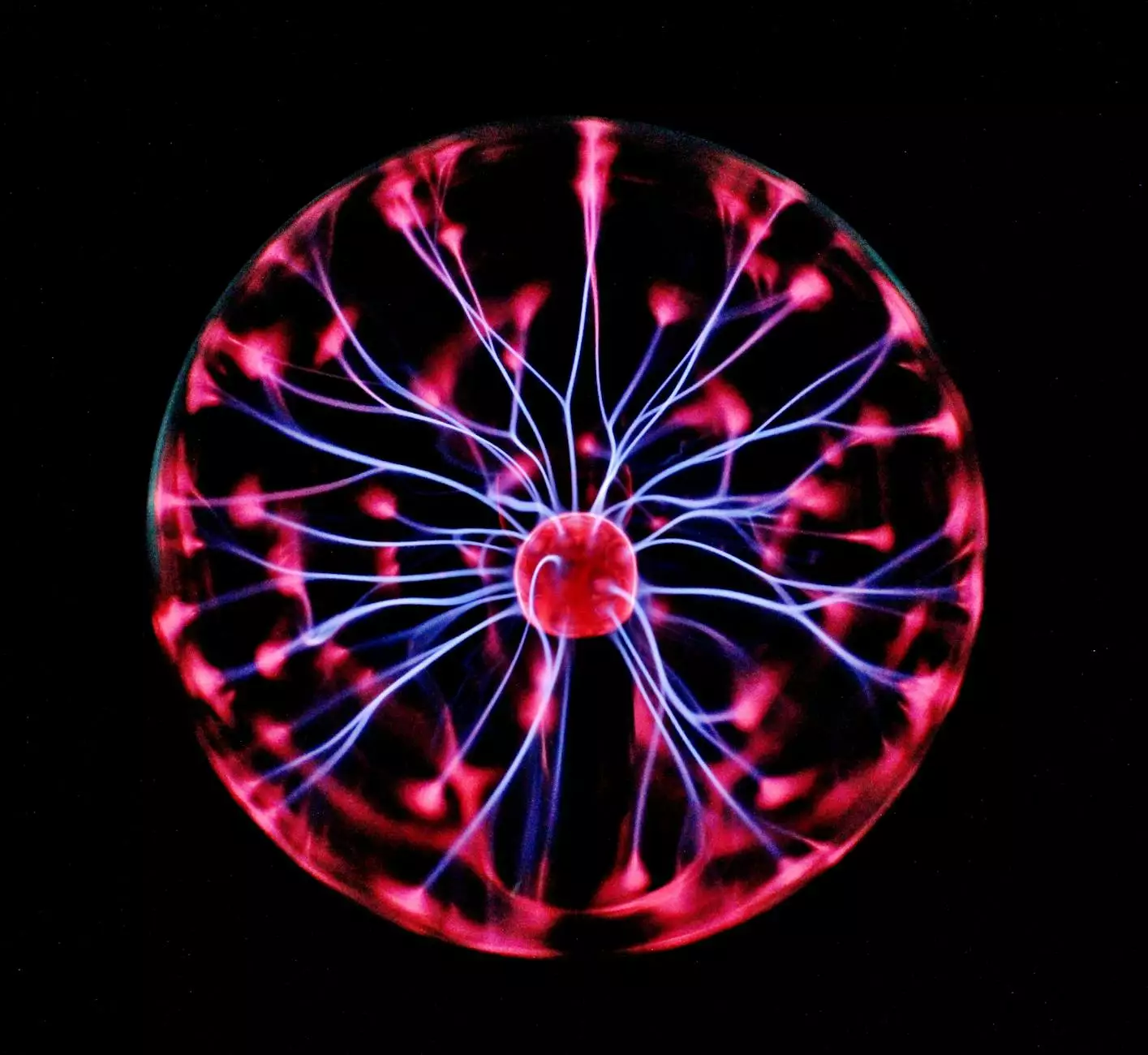The Ultimate Guide to Ready Mix Concrete

Ready mix concrete (RMC) is an essential construction material that has transformed the building industry. Its efficiency, quality, and adaptability are key reasons behind its widespread adoption. This article delves deep into the myriad benefits, applications, and best practices associated with ready mix concrete, ensuring you grasp everything you need to harness its full potential.
What is Ready Mix Concrete?
Ready mix concrete is a pre-mixed concrete product manufactured in a factory or batching plant, according to a set recipe. After production, it is delivered to the construction site in a freshly mixed state, allowing for immediate use. The key components typically include:
- Cement: Acts as a binding agent.
- Water: Activates the cement and strengthens the mixture.
- Aggregate: Sand or gravel that adds bulk and stability.
- Additives: Various chemicals that enhance the properties of concrete.
Advantages of Ready Mix Concrete
Choosing ready mix concrete for your projects comes with several advantages:
- Quality Control: Produced in controlled environments, RMC ensures uniformity and high quality.
- Cost-Effective: Reduces labor costs since it eliminates the need for on-site mixing.
- Time-Saving: Quick delivery and setup alleviate delays in construction schedules.
- Customization: Mix designs can be tailored to meet specific project requirements.
- Sustainability: RMC production can incorporate recycled materials, contributing to eco-friendly practices.
Applications of Ready Mix Concrete
Ready mix concrete is widely used across various sectors:
1. Residential Construction
In residential construction, ready mix concrete is utilized for foundations, slabs, and driveways. Its durability ensures long-lasting structures.
2. Commercial Projects
In large commercial developments, RMC is required for the construction of buildings, parking lots, and sidewalks due to its robustness and efficiency.
3. Infrastructure Development
From bridges to tunnels, ready mix concrete plays a crucial role in infrastructure projects. Its ability to withstand varying weather conditions makes it ideal for such applications.
4. Industrial Structures
Manufacturing plants, warehouses, and industrial parks frequently utilize RMC for their stringent structural requirements.
5. Landscape and Hardscape Construction
In landscaping, ready mix concrete is often used for creating patios, walkways, and decorative features.
Choosing the Right Ready Mix Concrete Supplier
Selecting a reliable ready mix concrete supplier is crucial for project success. Here are some factors to consider:
- Reputation: Look for suppliers with positive reviews and a history of reliability.
- Certifications: Ensure they comply with industry standards and regulations.
- Delivery Options: Consider suppliers that offer timely delivery services.
- Customization Services: The ability to create custom mixes tailored to your project needs is a significant advantage.
- Technical Support: Quality suppliers provide expert advice and support throughout the project.
Key Considerations When Using Ready Mix Concrete
While ready mix concrete offers numerous benefits, understanding the key considerations can optimize its use:
1. Weather Conditions
Temperature and humidity can affect the setting time and strength of concrete. It's essential to plan pours during favorable conditions.
2. Transportation
Distance from the plant to the site affects the freshness of the mix. Ensure timely transportation to maintain quality.
3. Mixing Time
Once mixed, the concrete must be used within a specific time frame to achieve optimal results. Proper scheduling is vital.
4. Reinforcement Requirements
Determine the need for reinforcements such as rebar or wire mesh as per the structural demands of the project.
Types of Ready Mix Concrete
There are several types of ready mix concrete suitable for different applications:
1. Standard Ready Mix Concrete
This is the most common type, used for general construction purposes.
2. High Strength Concrete
Designed for structural applications requiring high load-bearing capacity.
3. Lightweight Concrete
Utilized for projects where weight is a concern, such as on certain roofing applications.
4. Self-Consolidating Concrete (SCC)
This type flows into forms without the need for vibration, making it suitable for complex shapes.
5. Decorative Concrete
Incorporates additives and pigments for aesthetic applications in landscaping and architectural projects.
How to Optimize Your Ready Mix Concrete Usage
To maximize the efficiency of ready mix concrete in your projects, consider the following tips:
- Plan Your Mix Design: Work with your supplier to develop an optimal mix design that meets your structural needs.
- Calculate Quantities Accurately: Assess the required amount of concrete to minimize waste and costs.
- Schedule Efficiently: Coordinate with other trades to ensure smooth operations on-site.
- Monitor Curing Conditions: Implement curing measures to prevent cracking and ensure strength.
The Future of Ready Mix Concrete
The future of ready mix concrete looks promising, with numerous innovations emerging to enhance its properties and sustainability. The integration of technology, such as smart sensors and automated delivery systems, paves the way for greater precision and efficiency in concrete applications.
Conclusion
In summary, ready mix concrete is a vital component in modern construction that offers unmatched benefits in terms of quality, efficiency, and versatility. By understanding its advantages, applications, and the best practices for usage, you can leverage its potential to achieve superior results in your construction projects. Whether you're involved in fashion, restaurants, or home services, the principles of employing ready mix concrete remain integral to building a solid foundation. Trust reputable suppliers like fabo.com.tr for excellent products that propel your business success.









